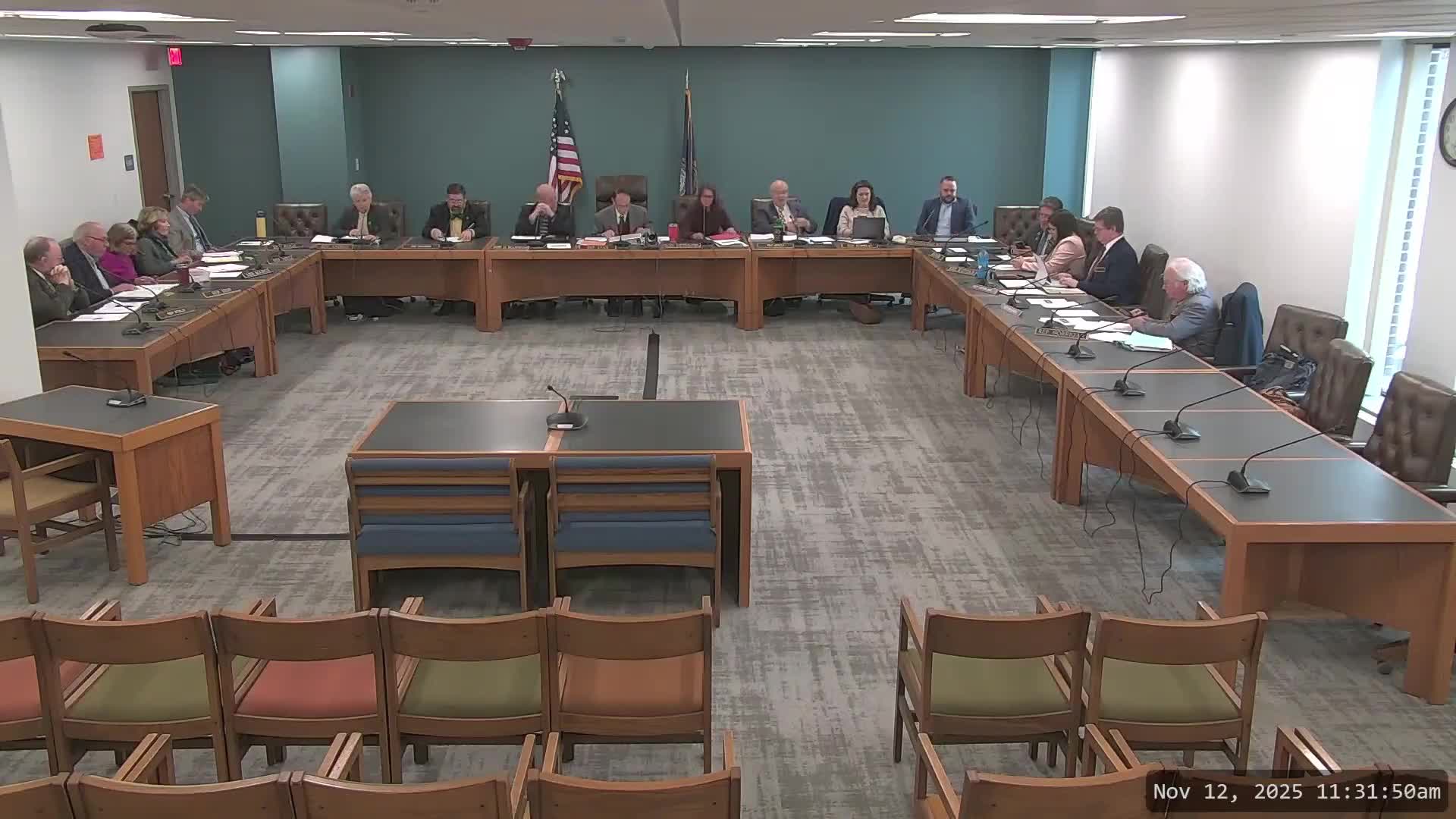Committee sends HCR11 (Claremont education funding) to interim study after lengthy separation-of-powers debate
Get AI-powered insights, summaries, and transcripts
Subscribe
Summary
Lawmakers debated HCR11, a concurrent resolution challenging judicial directives from Claremont cases on adequate education funding; members split on separation-of-powers and strategy, and the committee voted to send the resolution to interim study.
The Judiciary Committee voted to send House Concurrent Resolution 11, which addresses the impact of the Claremont students’-rights litigation and related judicial directives on education funding, to interim study after extended debate about separation of powers and legislative strategy.
Chairman Lynn introduced the motion for interim study, saying the resolution expresses a sentiment but that a measured legislative response is prudent given ongoing litigation and other pending bills. Several members, including Representative McFarland and Representative Birch, argued that the Claremont decisions raise foundational constitutional questions—citing Part I, Article 37 of the New Hampshire Constitution and historical practice—while others urged delay to assemble related bills and to avoid a partisan confrontation with the judiciary.
Representative McFarland outlined historical and textual arguments that the Claremont decisions improperly expand judicial authority, and called for a stronger legislative response; Representative Alexander said he would oppose interim study and prefers reasserting legislative authority now. Ultimately the committee approved the interim-study motion by recorded roll call; the clerk’s tally reflected the committee’s majority favoring study and assigned majority/minority report writers.
The interim study will allow the committee and other legislators to evaluate constitutional questions, related pending bills and litigation before deciding whether to recommend the resolution as future legislation.
